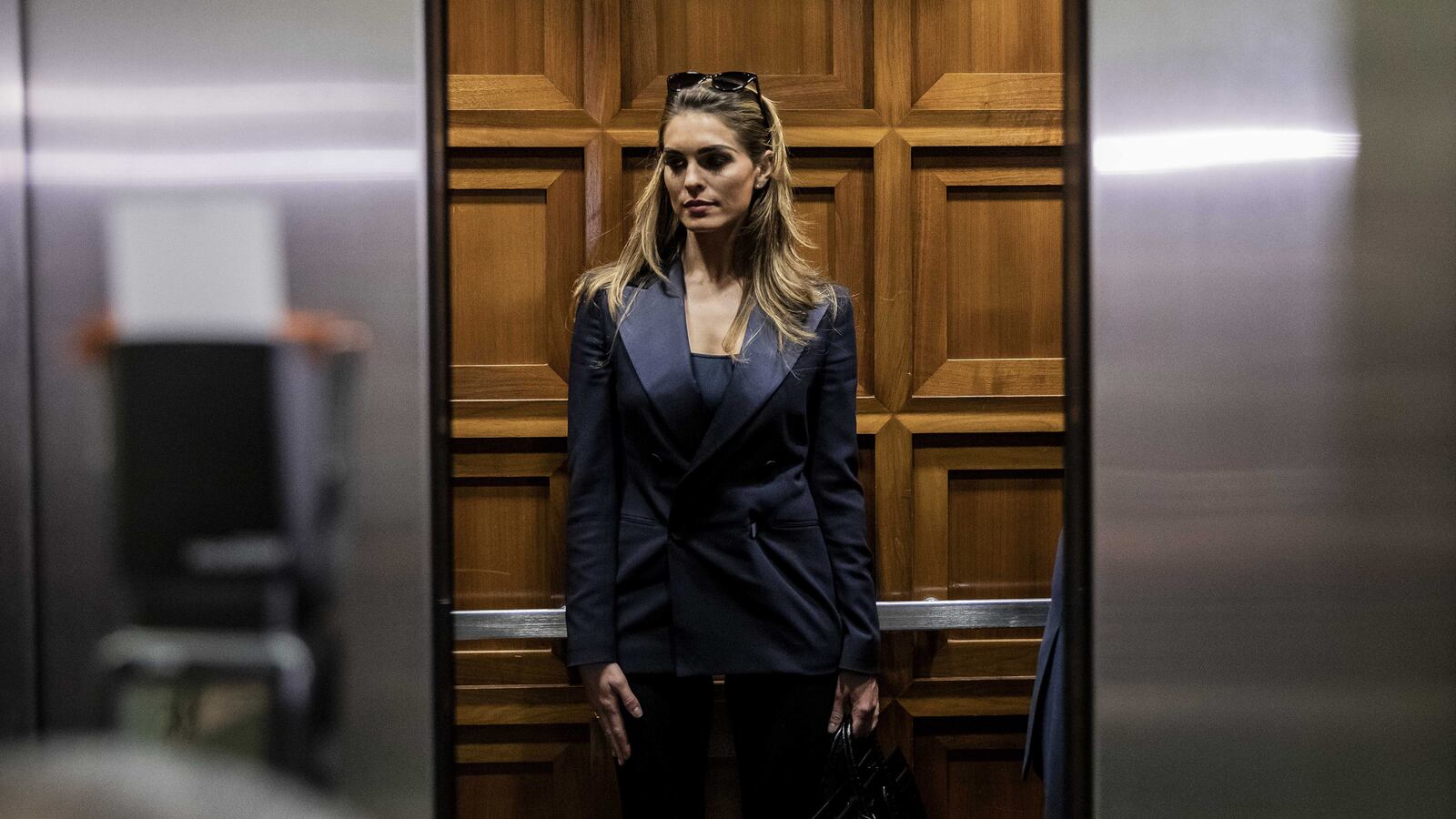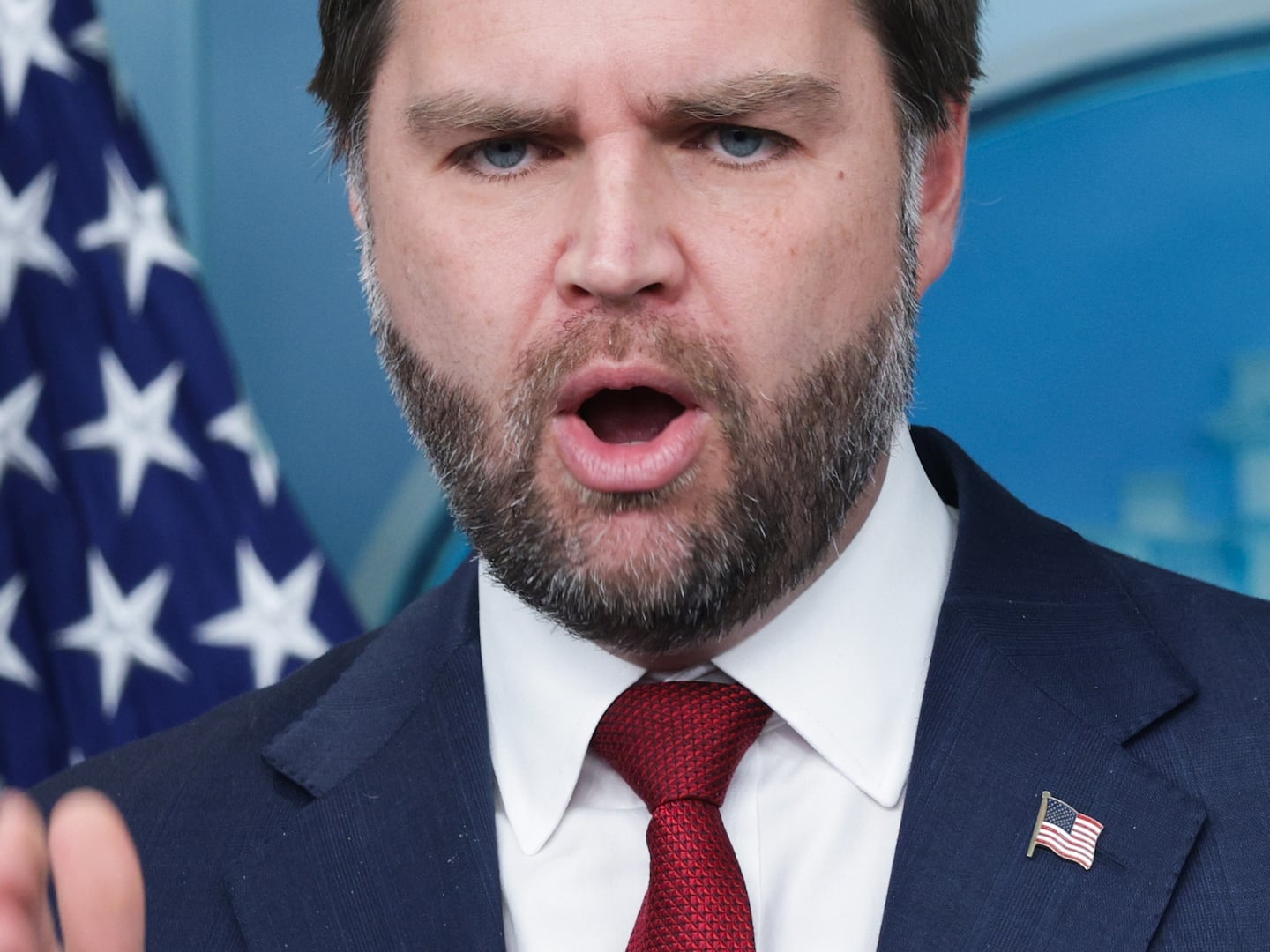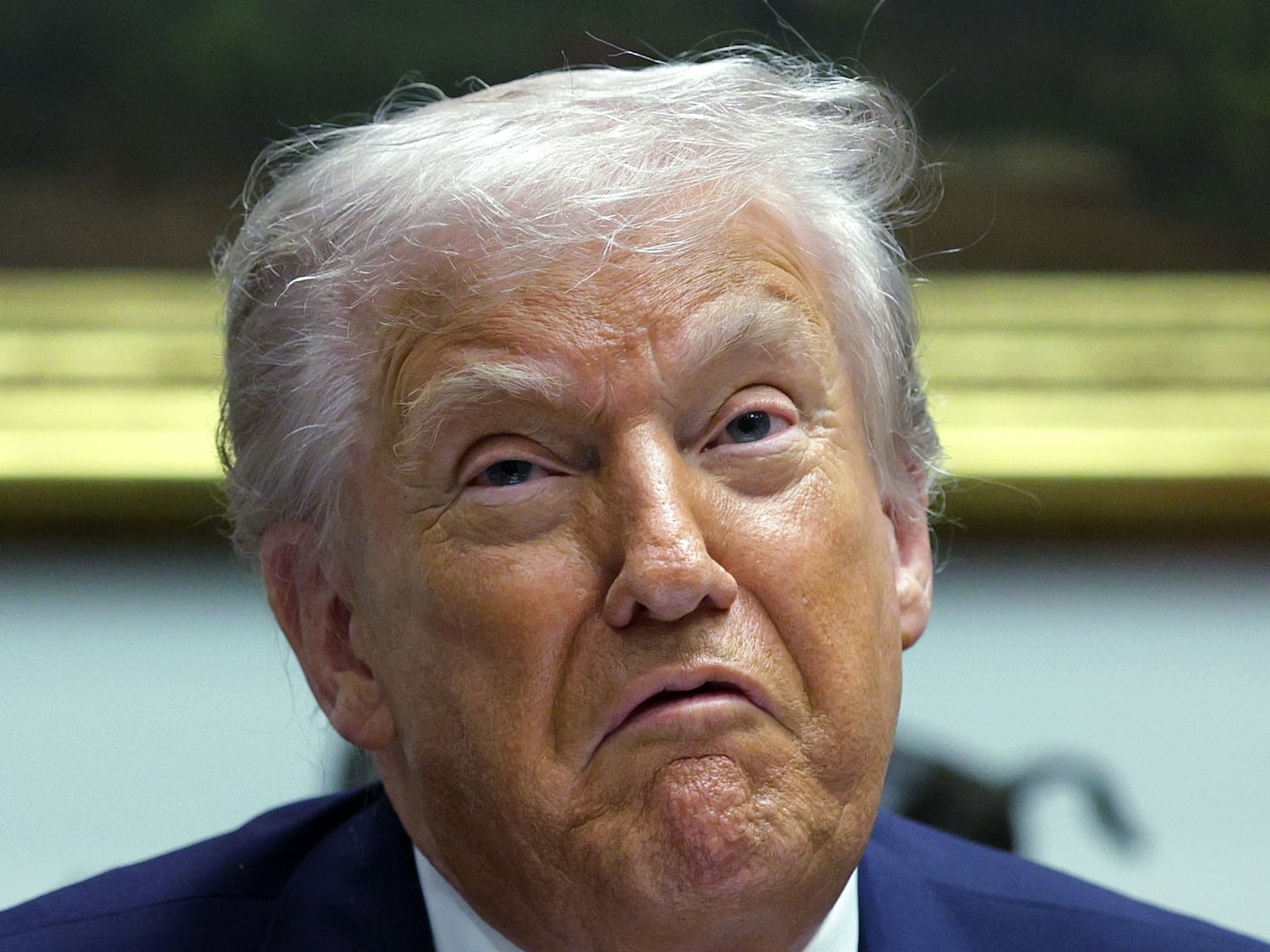The thing I can’t figure out for sure is whether the House Democrats’ display of weakness is intentional. I think it is, but I’ll get to that later. What cannot be disputed, though, is the weakness itself. Consider the behind-closed-doors non-testimony of Hope Hicks.
The House Judiciary Committee issued a subpoena to Hicks, previously one of President Trump’s closest aides and now an employee of Fox. In response, Hicks negotiated an amazing deal with the Judiciary Committee.
In framing these negotiations, she and her lawyers knew that the committee had previously issued a subpoena to former White House Counsel Don McGahn, who had rebuffed the committee without consequence. The White House claimed that McGahn was categorically immune from having to testify and got an opinion from the Justice Department to back up that theory. McGahn said he was going to defer to the White House and simply didn’t show up on the appointed day and hour.
The Judiciary Committee reacted with a shrug. It did not vote to hold McGahn in contempt or take other action in reaction to McGahn’s snub. The full House of Representatives also declined to hold McGahn in contempt but instead passed a resolution authorizing the committee to go ask a judge to order McGahn to testify. The committee has yet to file any lawsuit but has threatened that one is coming soon.
But even if the committee files a lawsuit, it is likely to be an empty gesture. Courts are reluctant to get involved in executive branch vs. legislative branch disputes. They generally insist that the parties completely exhaust all efforts at negotiation and accommodation. And before addressing the merits, there will be jurisdictional issues to consider. Even once there is a decision from a trial judge, that decision will be appealed, and then the Supreme Court would be asked to consider the issue.
All this assumes the case doesn’t become moot along the way, which it very well might since a new House will be seated in January 2021, which will be here in the blink of an eye in federal litigation time. As a touchstone, consider that it took six years before litigation over then-Attorney General Eric Holder’s refusal to provide information to Congress was dismissed, and that was before a ruling by the appeals court.
But let’s say the suit and all the appeals were to result in a final decision. That decision would just be about whether McGahn has to show up an testify. It wouldn’t result in an order that he actually answer any questions. So, if the Judiciary Committee won the litigation, McGahn would have to appear, but he could decline to answer questions based on executive privilege. And then the litigation process would begin anew. This is a slow track to nowhere.
So back to Hicks. Given how it has worked out for McGahn, in response to Hicks’ subpoena, she said she’d have what McGahn’s having please. In the end, the Judiciary Committee gave her an even sweeter deal. It agreed that Hicks would not have to testify at all in response to the subpoena. She could have an interview behind closed doors. The interview would not be under oath and she could decline to answer questions based on the White House’s complete immunity theory. She could bring with her not only her lawyers, but also a phalanx of attorneys from the White House and the Justice Department.
Per that deal, Hicks showed up and, as expected, declined to answer virtually any questions. White House lawyers claimed that her time in government service was protected by complete testimonial immunity, as was the time during the transition (a novel theory). As to questions about her activities after she left the White House, the White House lawyers said she wasn’t going to answer those either. They said the president might want to try to invoke executive privilege as to that period (a very novel theory) but didn’t need to do so now because the committee agreed that Hicks wasn’t testifying pursuant to a subpoena.
Democrats on the Judiciary Committee and House Speaker Nancy Pelosi publicly decried Hicks’ performance as “obstruction of justice.” But they have neither imposed nor threatened any consequence.
The playbook has thus been written for all other witnesses subpoenaed to testify before the Judiciary Committee. Perhaps it is no surprise that the only other person who has been issued a subpoena is McGahn’s chief of staff. Otherwise the committee’s investigatory docket is entirely blank.
So back to the question of whether the Judiciary Committee’s display of impotence is intentional. I surmise that it is. The committee’s chairman, Jerry Nadler, and many of its members are experienced and smart. The committee brought on two savvy Washington lawyers, Norman Eisen and Barry Berke, to advise it. It would be a mistake to presume they are dumb or naïve.
So let’s consider another possibility: this is all intentional. House Speaker Nancy Pelosi has repeatedly stressed, both privately and publicly, that she does not want the Judiciary Committee undertaking an impeachment inquiry. Her take: Trump’s “just not worth it.” Pelosi wants her caucus and voters focused on the House Democrats’ legislative agenda, not investigations.
So maybe the Judiciary Committee is actually successfully executing a plan. For as inept as it may appear, the committee’s approach is almost certain to defer a real evaluation of the issues raised in the Mueller Report, preclude a productive investigation, and avoid any public education about the facts. It is certainly on target to avert an impeachment process.
Ross Garber practices law in Washington, D.C. and teaches political investigations and impeachment law at Tulane Law School. He has represented four U.S. governors in impeachment proceedings.







